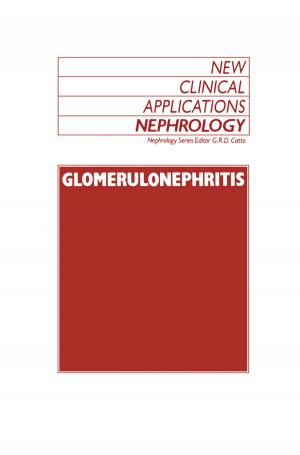Managing and Engineering in Complex Situations
Nonfiction, Science & Nature, Technology, Reference & Language, Reference, Social & Cultural Studies, Social Science| Author: | ISBN: | 9789400755154 | |
| Publisher: | Springer Netherlands | Publication: | February 15, 2013 |
| Imprint: | Springer | Language: | English |
| Author: | |
| ISBN: | 9789400755154 |
| Publisher: | Springer Netherlands |
| Publication: | February 15, 2013 |
| Imprint: | Springer |
| Language: | English |
With so many terms available to define the same thing, it would seem nearly irresponsible to introduce yet another term (complex situation) to describe a phenomenological state of such as a system. However, a complex situation infers both a broader meaning and imposes a different perspective. Complex in this context is dependent on understanding and reality rather than observer and knowledge. Situation imposes a gestalt that cannot be characterized within a singular perspective that relegates paradox to a superior/subordinate hierarchy. This also infers that complex situation has no monotonic definition or each definition is by default incomplete. Therefore the perennial derivations for systems such as complex systems, system of systems, federation of systems is no longer a sufficient descriptor for complex situation. Ergo system and its genealogy lack the constitution to define complex situations. The books' intent is to explore this pathology through a series of papers written by authors that work in complex situations and have dealt with the limitations of the status quo: systems.
With so many terms available to define the same thing, it would seem nearly irresponsible to introduce yet another term (complex situation) to describe a phenomenological state of such as a system. However, a complex situation infers both a broader meaning and imposes a different perspective. Complex in this context is dependent on understanding and reality rather than observer and knowledge. Situation imposes a gestalt that cannot be characterized within a singular perspective that relegates paradox to a superior/subordinate hierarchy. This also infers that complex situation has no monotonic definition or each definition is by default incomplete. Therefore the perennial derivations for systems such as complex systems, system of systems, federation of systems is no longer a sufficient descriptor for complex situation. Ergo system and its genealogy lack the constitution to define complex situations. The books' intent is to explore this pathology through a series of papers written by authors that work in complex situations and have dealt with the limitations of the status quo: systems.















